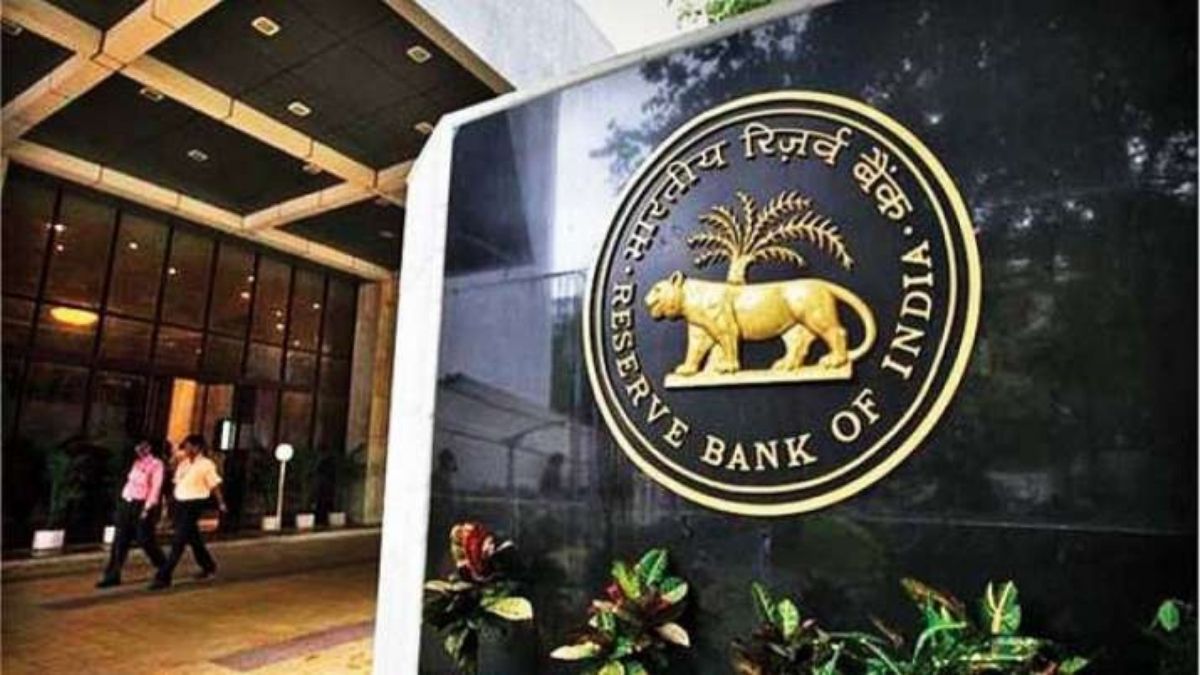 Image Credit: indiatvnews.com
Image Credit: indiatvnews.com
Last week the Monetary Policy Committee(MPC), in its bi-monthly review, decided to keep the interest rates in the country unchanged. The decision was announced by RBI governor Shaktikanta Das who said, “The MPC decided to continue with the accommodative stance as long as necessary to revive and sustain growth on a durable basis.” The rationale behind the move is to support the Indian economy, already battered with two waves of the Covid-19 pandemic, by keeping interest rates as low as possible. Further cutting the interest rates would have triggered higher inflation. Here are some key measures announced by the central bank:
Restructuring of Loans:
Earlier on May 5, the Reserve Bank had announced a framework to allow restructuring of loans of up to Rs. 25 crore given to individuals and small businessmen. On Friday, RBI expanded the scope of restructuring of loans to up to Rs. 50 crore. This would benefit businesses (especially those belonging to the MSME sector) badly affected by the pandemic induced lockdown.
Benefits for Bond Market:
The central bank decided to support the bond market by launching GSAP 2.0. Under this programme, RBI will buy bonds from banks worth Rs. 1.2 trillion in the quarter ending in September 2021. The move would ensure that interest rates don’t go up at a time when the government is borrowing heavily.
Rs. 15,000 crore liquidity window:
The RBI announced special liquidity of Rs. 15,000 crore from which the banks can borrow at the current Repo rate of 4%. The amount would have to be used to lend to sectors like hotels, hospitality, tourism, etc; which are among the worst affected sectors of the Indian economy.
Certificates of Deposits:
The RBI has allowed banks to buy back their Certificates of Deposits (CDs) before maturity, thus giving the banks flexibility with regards to liquidity.
Among other announcements, the Reserve Bank also modified its GDP growth and CPI inflation projections, revising them to 9.5% and 5.1% respectively for the financial year 2021-22.
Investors need to note that, on the whole, RBI’s latest set of decisions provide greater flexibility to banks- both in terms of restructuring of loans and buy back of CDs. The bond market also get benefits as GSAP 2.0 would ensure interest rates remain low. For the equity market, the RBI has remained neutral.
